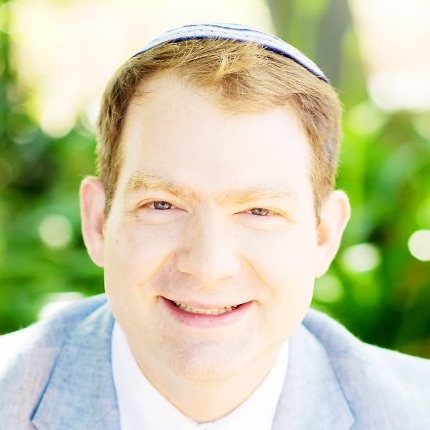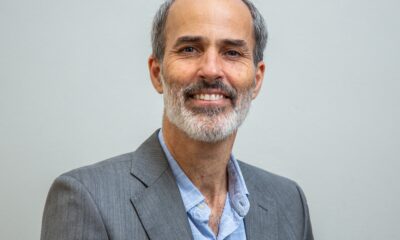
Parshot/Festivals

The problem with miracles
I was 20 years old when I met one of the greatest rabbis of recent times – Rabbi Yosef Shalom Elyashiv.
A genius with an almost unparalleled knowledge of and authority in halacha, I found myself (to my surprise) in a private audience with him and with a few minutes to ask him anything I wanted. I told him about a certain wish that I had, a problem in my life that I had prayed for years would improve.
He encouraged me, offered a new perspective on the challenge, and gave me a blessing that things should be better. (The nature of my issue was very personal, so please forgive my not sharing it.) I emerged with renewed hope and faith that the miracle I sought – the solution to my problems – could indeed be made real. But it didn’t happen. Some months later, I thought back on the meeting with a rueful shrug, and the acceptance that not all prayers are answered in the affirmative.
About 10 years later, I revisited it in my mind and realised – with more than a little shock – that slowly and quietly, without me noticing, my life had changed and my prayers had been answered. It had happened over the course of years, not the weeks or months that I anticipated, but it had happened. I had my miracle.
I believe this illustrates the problem with miracles: we can visualise so clearly the miracle that we want (that we think we need!) that we don’t always appreciate the miracle that happens. The Talmud teaches us that it’s natural for miracles to go unnoticed (Nidda 31a). We are so good at putting a chain of events together into a coherent story that the most unlikely things always seem to make sense – even to be inevitable – in retrospect.
I have heard from many people about the anxiety that they felt in the lead-up to the Six-Day War of 1967. The news and forecasts were all bad, and they feared the worst for our beloved Israel. But, a miracle! Not only did we survive, we merited to hear the joyous cry of “Har Habayit beyadeinu!” (The Temple Mount is in our hands!) Yet, read many contemporary writings today, and they almost gloss over that aspect of it. “Well of course Israel won that war,” you’ll see them write, “but what happened afterwards is what’s really important.”
This points to the second challenge of grasping the miracles in our lives. Our memories are short and our gratitude short lived. One of my favourite cartoons contains this line, “I thought my search would end when I found G-d. But then I couldn’t find my car keys.” Life goes on after even the most momentous revelation, and to appreciate a miracle requires us to remind ourselves constantly of its value.
Speaking personally once more, after our first child, my wife Aviva and I struggled unsuccessfully for years to have another child. They were years of longing and heartbreak, of hope and shattered hope, that resulted in our discovery that Aviva was expecting twins. Due to another series of miracles, they were born healthy and on-time, and I remember thinking that there would never be a moment in which I wouldn’t be grateful for them. And then a few months later, getting up in the middle of the night for the fourth or fifth time, I found myself questioning, in frustration, if this was indeed the miracle I had hoped for. Fortunately these feelings lasted only a moment, and I quickly reminded myself what a blessing it was to be getting up in the night to take care of these infants, but how many miracles in my life have I indeed forgotten?
As we approach the end of 2020, I’m sure you’ll agree that we could all do with a miracle. What would that miracle look like? A vaccine, researched and produced in record time and made accessible across the globe? A financial recovery, and with it the renewed hope and dignity of so many millions? More effective treatments for COVID-19 and the saving of lives feared lost? The chance to hold our friends close again in a warm embrace, without the fear and caution that have become associated with basic human contact? Surely all of these and more.
I pray to Hashem that we will see these miracles. We are already seeing some of them. But one of the great Chassidic masters, Rabbi Menachem Mendel of Kotzk, once implored, “Why do you cry out to Hashem for redemption? Don’t you know Hashem’s desire to bring redemption to His people? Cry out rather to the Jewish people that they should wantredemption, and then it will come.”
We have a history that is filled with miracles, and we have a future replete with many more. I believe it’s our task to want – and to work towards – those miracles, to appreciate them for what they are when they arrive, and to nurture and maintain our gratitude for them for years to come.
- Rabbi Sam Thurgood is the rabbi at Beit Midrash Morasha @ Arthur’s Road.










